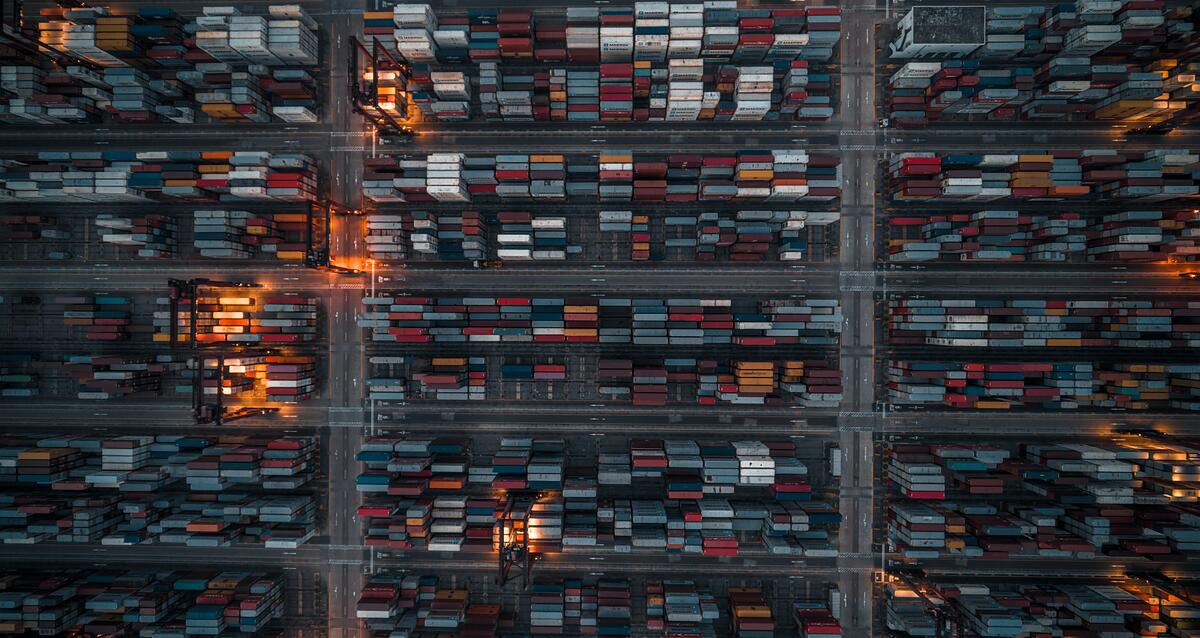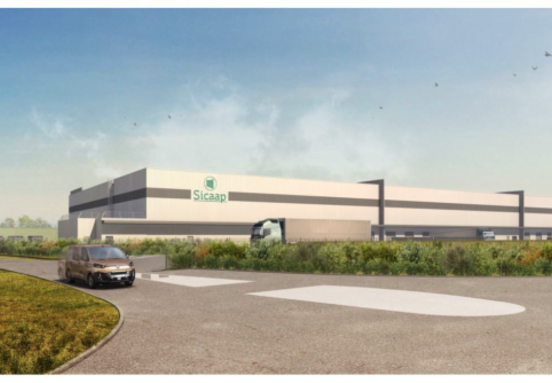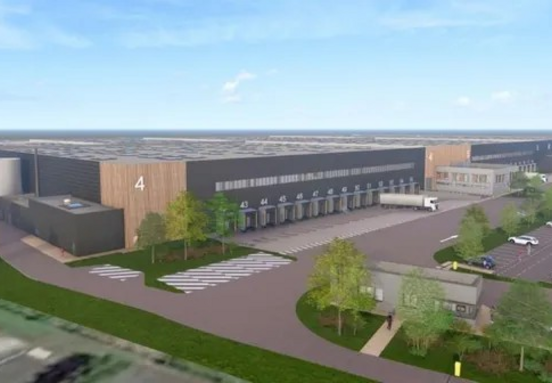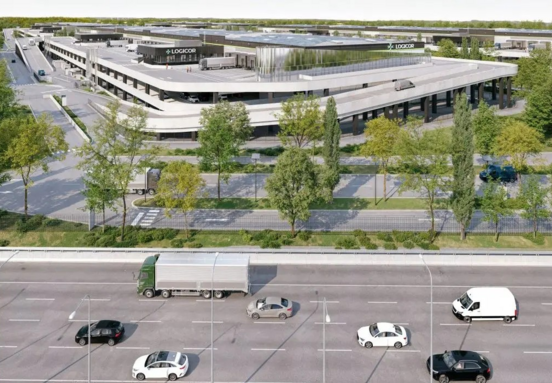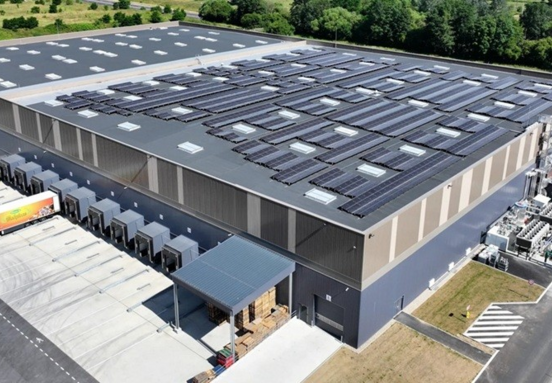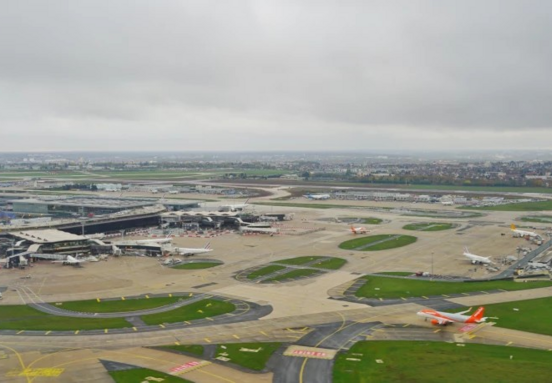These are the backrooms of online commerce and, as such, one of the winners of the crisis: logistics real estate warehouses, often criticized for their social and environmental practices, must show a clean slate and green conscience. Long located mainly on the Lille-Paris-Lyon-Marseille axis, these warehouses are now spreading throughout the country. They are even appearing in cities: located in the heart or in the immediate outskirts of major urban areas, they allow new companies to promise "delivery in less than ten minutes."
"Our goal is to get closer to consumers, with local and dispersed warehouses across the country," said Ronan Bolé, president of Amazon France Logistics, during a conference at the International Real Estate Fair (Mipim) in Cannes in early September. During the first half of 2021, investment in this sector reached its highest level ever in France, at €1.8 billion, according to JLL consultancy. "The major trend is linked to changes in consumption and the transformation of commerce, which is now both online and physical," analyzes Patrick Remords, supply chain director and logistics solution at JLL.
Warehouses still poorly received by the population:
While the part of the warehouses for online-only stores increased by 9%, that for traditional stores with a physical store grew by 40%. "To survive, these stores had to adapt," continues Patrick Remords.
More efficient, faster to attract customers who want to receive their packages as quickly as possible, and above all vectors of economic development, with 10% of GDP and 1.8 million jobs for the entire logistics sector in 2019, warehouses are still poorly received by the population and many elected officials. "We still have to do a lot of education with people and communities when we want to develop new projects," says Christophe Chauvard, France director of P3 Logistic Parks, to AFP.
The criticism, initially focused on working conditions within these buildings, now also expresses itself in environmental terms. During the debate on the climate law at the beginning of the summer, several MPs proposed a two-year moratorium on building permits for logistics warehouses for e-commerce with a surface area of more than 1,000 m2. Warehouses, essential to online commerce, were a way to put a brake on it, accused of being particularly "destructive for employment" and "the environment." Their impact on soil artificialization is therefore regularly criticized.
Charter for environmental and economic performance:
The moratorium was not voted on, but the government and Afilog, which represents companies in the sector, signed a "charter of reciprocal commitments for environmental and economic performance" at the end of July, on a voluntary basis.
In addition to the installation of solar panels and hedges around warehouses, companies have committed to favor their future installation on existing industrial wastelands in exchange for more efficient file administration. In September, Amazon installed a warehouse on a former military site in Metz, in eastern France. "Warehouses have less impact than housing estates or commercial real estate. And with technology and artificial intelligence, companies will be able to better anticipate the management of their inventory and reduce travel," anticipates Patrick Remords.
Source: BFM Business
